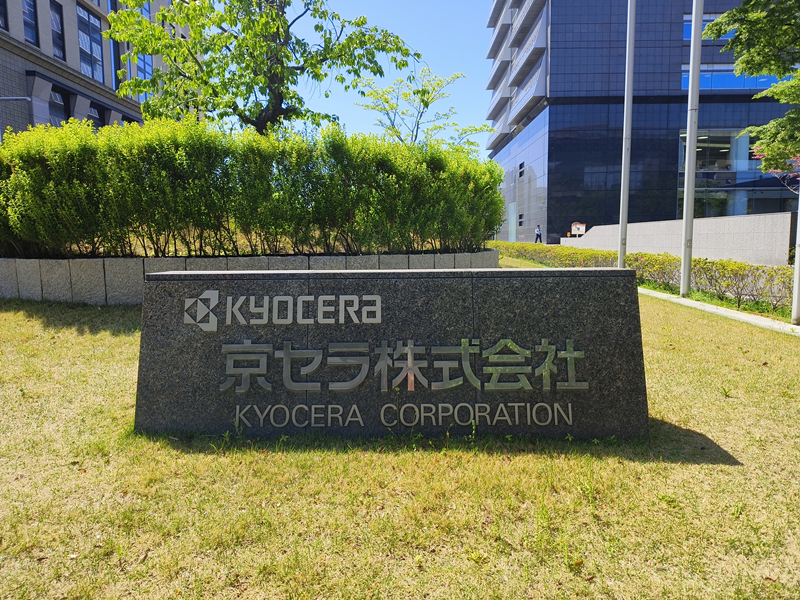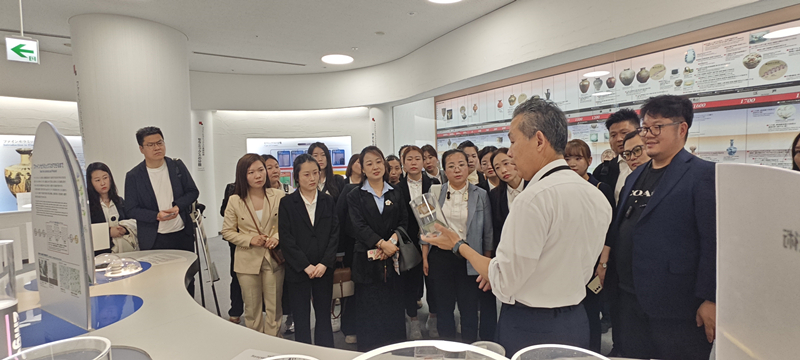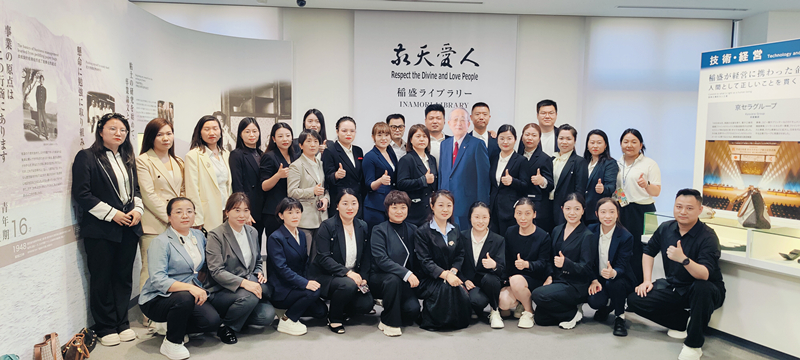一、The first stop: Kyocera - Kazuo Inamori
Kyocera and the Philosophy of Kazuo Inamori
The visit to Kyocera was the highlight of the trip, as it offered a deep dive into the management philosophy of Kazuo Inamori, one of Japan’s most revered business leaders. Inamori’s approach is rooted in two core principles: Amoeba Management and The Pursuit of Perfection in Work and Life.
Amoeba Management:
Kyocera’s unique Amoeba Management system divides the company into small, autonomous units ("amoebas"), each responsible for its own profitability. This decentralization fosters accountability, transparency, and a sense of ownership among employees. Each amoeba sets its own targets and regularly reviews performance, ensuring agility and responsiveness to market changes.
Application to Work:
While our organizational structure may differ, we can adopt the essence of this system by empowering smaller teams with clear KPIs and decision-making authority. This can enhance motivation and accountability, as team members see the direct impact of their contributions.
The Pursuit of Perfection:
Inamori believed that success in business is inseparable from personal growth. His philosophy emphasizes that leaders must cultivate virtues like humility, perseverance, and a strong work ethic. At Kyocera, employees are encouraged to view their work as a form of self-cultivation, striving for excellence in every task, no matter how small.
Application to Work:
This mindset resonates deeply with Enokon. In our fast-paced work environment, it’s easy to lose sight of the bigger picture. By adopting Inamori’s principle of "doing the right thing as a human being," we can align our professional actions with ethical values. For instance, prioritizing long-term relationships over short-term gains or maintaining integrity in negotiations.
Respect for Humanity:
Inamori’s philosophy also stresses treating employees with respect and care. Kyocera’s focus on employee well-being—through fair wages, lifelong learning opportunities, and a supportive work environment—has resulted in remarkably low turnover rates and high engagement levels.
Application to Work:
We can enhance our workplace by investing in employee development programs, fostering a culture of mutual respect, and recognizing contributions. Happy employees are not just more productive; they are also brand ambassadors for the company.



